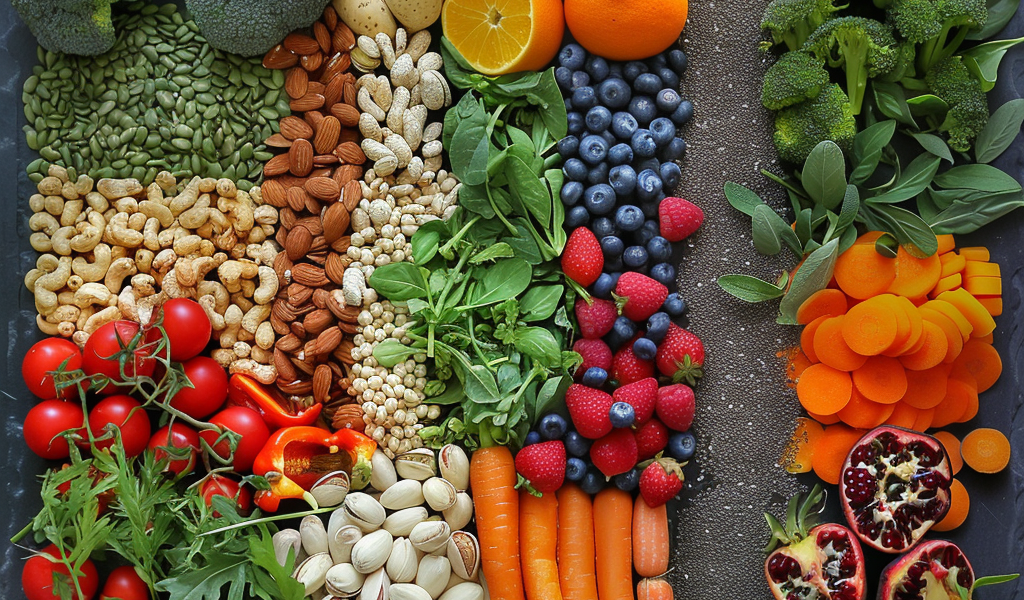A recent study has revealed that following certain vegetarian diets can significantly reduce the risk of cancer, heart disease, and premature death. The study, which conducted an ‘umbrella’ analysis of over 20 years of research, found that adopting a vegan, vegetarian, or lacto-ovo vegetarian diet can have a protective effect on overall health.
The umbrella review, which combines existing meta-analyses of numerous studies, highlighted the benefits of these plant-based diets in lowering cardiovascular risk factors like blood pressure and cholesterol. Lead author Dr. Angelo Capodici noted that specific cancers, including liver, colon, pancreas, lung, prostate, bladder, melanoma, kidney, and non-Hodgkin lymphoma, showed a reduced risk among individuals following vegetarian diets.
Vegetarianism comes in various forms – from strict veganism that excludes all animal products to lacto-ovo vegetarianism that allows for dairy and eggs while excluding meat, poultry, and fish. However, the study cautioned that the protective effects of these diets could be compromised by poor dietary choices.
Dr. Federica Guaraldi, a study coauthor, warned against diets high in unhealthy plant foods such as fruit juices, refined grains, and potato chips, which could negate the benefits of a plant-based diet. Guaraldi highlighted the detrimental impact of fruit juices, which are often packed with sugars and sweeteners.
It is important to note that the study acknowledged the influence of other lifestyle factors on the results. Individuals following plant-based diets often engage in healthier practices such as regular exercise and avoiding sugar-sweetened foods, refined grains, snacks, alcohol, and tobacco.
Dr. David Katz, a specialist in preventive and lifestyle medicine, emphasized the need to consider the holistic lifestyle practices of individuals when attributing health outcomes to diet. The study suggested that the positive effects of plant-based diets could be amplified when combined with a healthy overall lifestyle.





